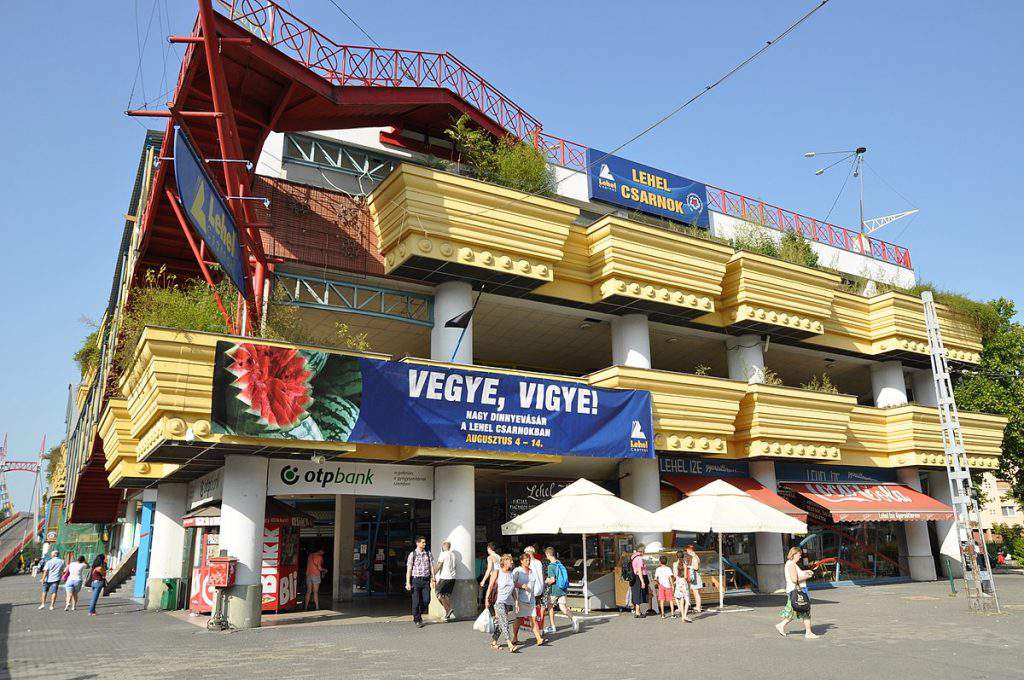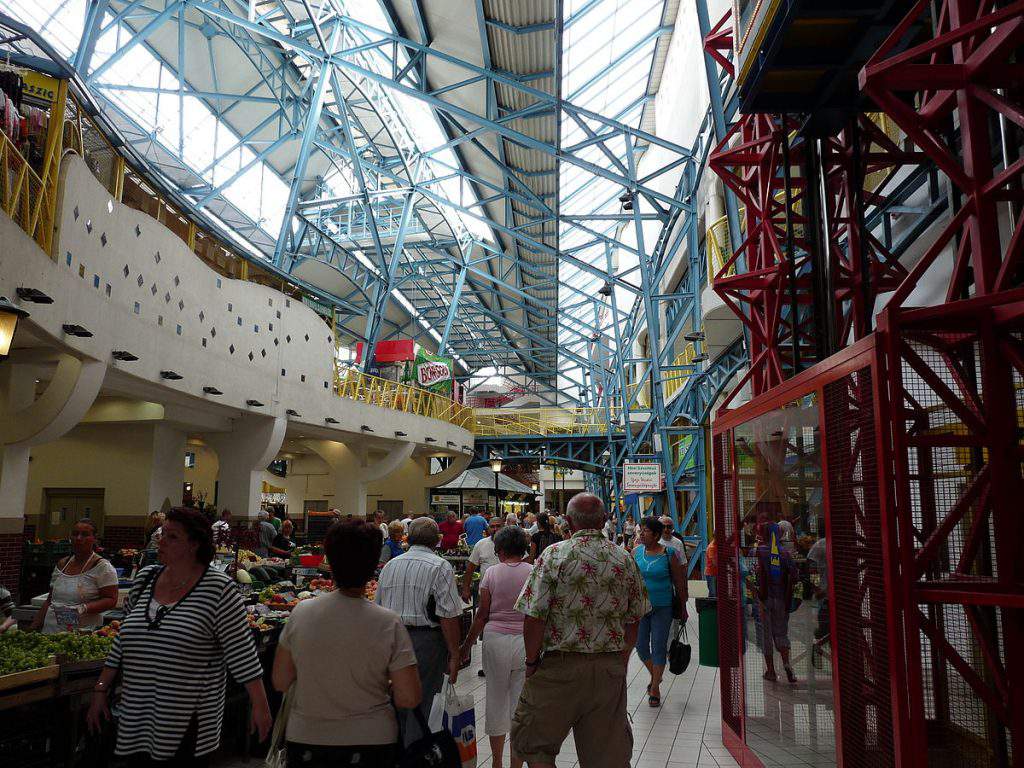Change language:
Urban Legend – Budapest city market constructed on a cemetery?

Many people do not know that the area giving a home to the Lehel Square market today, was where once the 1st cemetery of Budapest stood. As the city extended and got bigger and bigger, the cemetery located in Váci Street got closed forever, and within a short amount of time, the subdivision of the land started, report Borsonline.hu and Mienkahaz.blog.hu. In the following, you can get more information on the history of one of the well-known marketplaces of Budapest.
The whole story started in 1790 when the 1st central cemetery of Budapest located in the triangular area of Váci Street, Lehel Street and Taksony Street, was opened. This was named Váci Cemetery and was constructed with the aim to let Jewish people living in Lipótváros, Terézváros and the city centre rest in peace here. At that time, the area where the cemetery stood was in the suburbs of the capital.
However, it was not rare that cemeteries were constructed in the central areas of Budapest.
For instance, today’s Kálvin Square was once the home of burial sites of Turkish conquerors, but cemeteries were located in Kecskeméti Street and at the end of Váci Street as well. Furthermore, a graveyard stood where today’s Erzsébet Square is found.
However, it is not surprising that many people do not know about these places, since when the expansion of the city accelerated many of them changed entirely.
As far as the Váci Cemetery is concerned, by 1847 it became so full, that eventually it was closed down. From that time on, burials did not take place there. The remains of the deceased Jewish people were transported in the framework of a funeral ceremony to the Kerepesi Cemetery opened at that time or to the cemetery located at Salgótarjáni and Kozma Streets .


After the cemetery was closed down, construction works started in 1910. The area was subdivided into parcels where different buildings, blocks of flats and later the Lehel Square open-air market were set up.
Although it was rumoured already in 1903 that the open-air market would move to a market hall, it took much time until it was realised.
There were many problems around the 1970s with the open-air market including hygienic concerns because of the dirt and dust, and the condition of the stands selling products was also questioned. Therefore, the idea of the construction of a modern market hall was born at that time.

Finally, in 2002, the market could move into today’s hall designed by László Rajk. The building itself is a spectacular modern construction that gives some Eastern feeling to the visitor. Furthermore, it is rigthly called one of the most diverse and colourful markets of Budapest where typical Hungarian products and fresh ingredients welcome visitors.


If you have not visited this market hall before, you should absolutely go there, if not for shopping, then for its distinct and vibrant atmosphere, as this place is a treat for the eyes and all the other senses! 🙂
Featured image: facebook/Lehel piac, Lehel Csarnok (élmunkás-téri piac)
Source: borsonline.hu; mienkahaz.blog.hu







